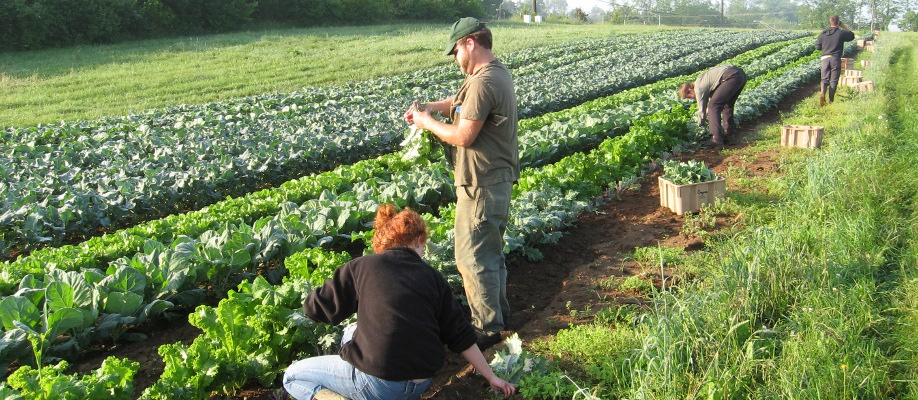Agriculture will play a crucial role in addressing the planet’s future needs – whether on food production, health or the preservation of the environment. But transforming the dominant agricultural model could be the greatest challenge of all.
Last year the United Nations adopted its post-2015 agenda, setting out 17 Sustainable Development Goals to tackle contemporary global challenges by 2030.
The goals span the whole range of policy areas, from rural poverty to global hunger, climate resilience, and population growth. Nine of them are directly or indirectly connected with farming, conferring a special multi-dimensional status to agriculture.
Achim Steiner, the United Nations’ Under Secretary General and Executive Director, stressed that agriculture was key in a world of 9 billion consumers, with climate change and resource constraints becoming more present.
“Agriculture needs to be an integral part of the solutions for the 2030 Agenda for Sustainable Development, which requires a systems approach,” he told the 9th Annual Forum for the Future of Agriculture (FFA) in Brussels last month (22 March).
A mammoth task
The UN projects that the global population will rise to more than 9.7 billion in 2050 and will exceed 11.2 billion by 2100.
However, access to food remains an issue for many around the globe. An estimated 780 million people were undernourished across the developing world in 2014–16, according to the UN’s Food and Agriculture Organisation.
In contrast, a recent study showed that about 640 million people – mainly from high-income countries – are overweight or obese, including 375 million women and 266 million men.
“Sustainable intensification”
According to Monsanto, “sustainable intensification” can provide the solution to produce “much more food” on the same number of hectares. “This is not a misnomer – contrary to what is taught in French, German and Italian public school textbooks,” Mitchener told EURACTIV.com.

